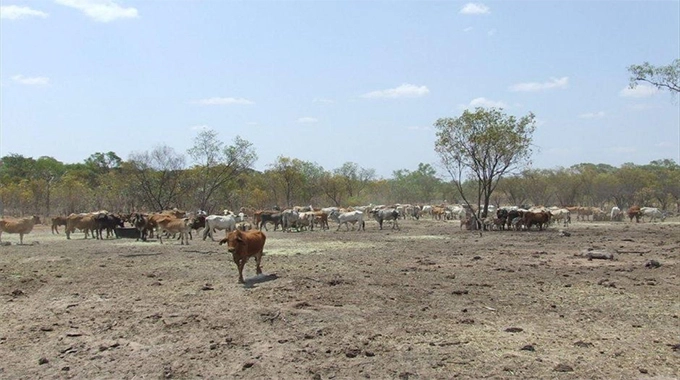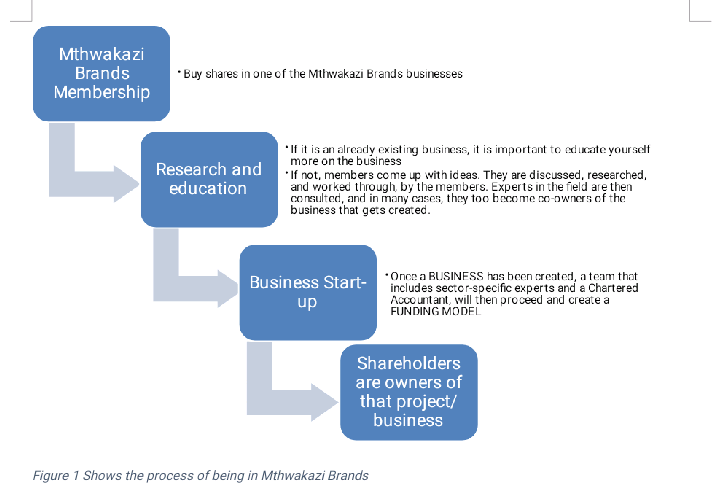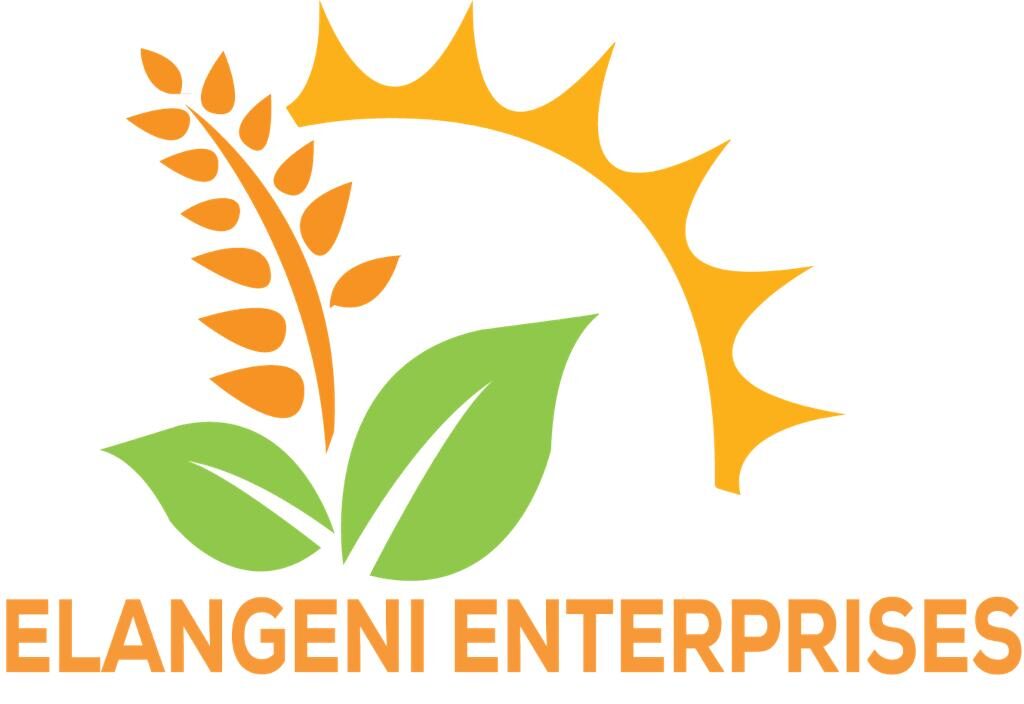Matabeleland Solutions

Agri-business In Matabeleland: Challenges and Solutions
Zimbabwe was before independence known as the bread basket of Africa and it was a self-sustaining economy as well but because of primarily mismanagement and bouts of drought, the country has become largely impoverished. The 2021 Global Hunger Index ranked Zimbabwe at 108th out of 119 countries (Chingarande et al, 2020:7). This highlights the present state of the country’s economy. Most of rural households in Zimbabwe survive on “own-produced food crops.” With poor rainfall and the country failing to be self-sufficient economically there is increased poverty (FEWS Network, 2022: 2). Food and nutrition security in Zimbabwe is a huge problem as people surviving mainly from hand to mouth. According to the Committee on World Food Security (2012:) food and nutrition security is understood as “when all people at all times have physical, social and economic access to food which is safe and consumed in sufficient quantity and quality to meet their dietary needs and food preferences and is supported by an environment of adequate sanitation, health services and care allowing for a healthy and active life” (Chingarande et al, 2020:7). This is something most of Zimbabwean regions do not have, especially places with low rainfall.
Problems in Matabeleland
Matabeleland (North and South) regions according to FEWS Network (2022:2) are one of the regions known as food-deficit-producing areas because of low rainfall and they rely buying especially cereal gain from other areas. The land is also less fertile than other provinces: commercial crops are unable to be grown, and rural farmers usually cannot produce enough maize to feed their families (Chingarande et al, 2020:9). The region is good for cattle ranching, poultry farming and goat/ sheep farming but it has not been successful due to overgrazing, increasing invasive species, bush encroachment, poor grass regrowth, poor pasture conditions and poor access to veterinary drugs (FEWS Network,2022:3). Access to water in Matabeleland is a huge problem, many households and livestock travel long distances to access water. Other reasons according to Chingarande et al (2020:18):
- El Niño–induced droughts that have affected crops and caused death of livestock, especially cattle used as draught power
- Unaffordability of agricultural inputs for communal farmers
- Use of retained seed with reduced vigor
- Rising prices of basic goods
- Animal and crop diseases
- Effects of cyclones, which have affected production and yield levels, as well as access to and availability of food resulting in several households in need of food assistance. (ZimVAC, 2019)
Solutions
Matabeleland has been a marginalised region for a long time, with food security being the most important issue to be fixed. Matabeleland region needs the following:
- Water sanitation programs
- Water irrigation schemes
- Cattle ranching management programs
- Grazing management
- Pen feed production
As Mthwakazi Brands, our goal is to see the region being self-sufficient in terms of food production.
Elangeni Enterprises
Elangeni Enterprises is a diversified Agriculture based business, aimed at occupying the entire agricultural process, from equipment required to work the land, seeds, animal rearing, production, processing, marketing, as well as the utilisation of resulting by-products. The company will also give Matabeleland people educational training programs on how to farm sustainably.
How does it work?
Mthwakazi Brands has some businesses or projects already running, for example, the Elangeni Enterprise. It only depends with you as a person from Matabeleland, which business you are interested in and you can join by buying shares. If the business does not exist there is an option of creating one under us but of course terms and conditions apply.
How do you Join?







